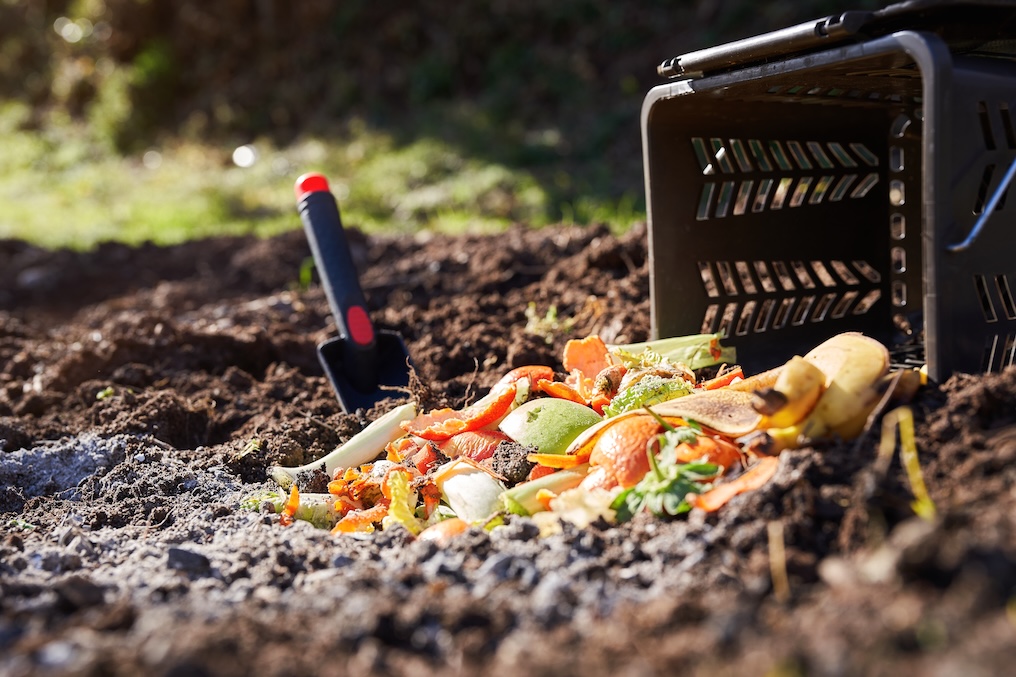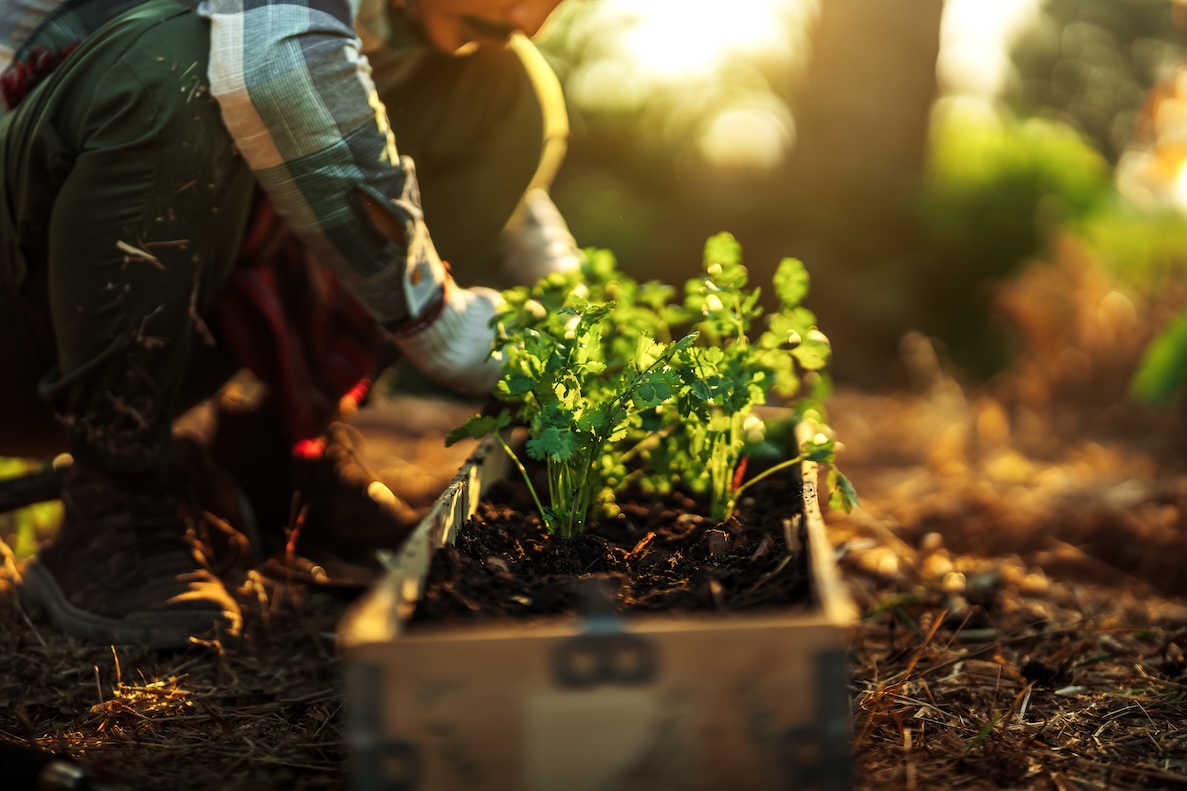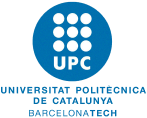News
Reduce Waste and Save Resources
FORM is a valuable resource

Did you know that nearly 40% of the waste we generate at home is organic or plant-based? If managed properly, these materials can have a second life as fertilizer or renewable energy. In this article, we explore how the Organic Fraction of Municipal Waste (OFMW) and the Plant Fraction (PF) can be transformed into essential resources for the environment.

What are the OFMW and PF?
The OFMW includes all organic waste we generate daily, such as food scraps, fruit peels, coffee grounds, and small garden waste like leaves or dried flowers. On the other hand, the PF refers to larger plant-based waste, such as branches, logs, grass clippings, or shrubs from pruning and gardening. Although many consider them simply “trash,” this waste is actually a valuable resource if properly separated and sent to the appropriate recycling and composting systems.Why is it so important to separate them?
Separating this waste is crucial to prevent it from ending up in landfills, where it not only goes to waste but also generates greenhouse gas emissions, such as methane, which contribute to climate change. When properly managed, the OFMW and PF can be turned into compost, a natural fertilizer that improves soil quality, or biomass, a renewable energy source that reduces dependence on fossil fuels.How does collection and processing work?
Municipalities have implemented different systems to ensure effective collection. The OFMW, for example, is deposited in the brown container or taken to specific collection points. As for the PF, in some areas it is collected door-to-door, especially in residential areas with gardens, while in other cases it can be taken directly to a recycling center. Once collected, this waste is processed in specialized facilities. Through processes like composting, where waste decomposes naturally, or bio-stabilization, these materials are transformed into high-quality compost or used as a renewable energy source.Environmental benefits
Proper separation and treatment of the OFMW and PF have a significant environmental impact. First, reducing the waste that ends up in landfills minimizes pollution and prevents greenhouse gas emissions. Additionally, the compost produced from this waste naturally enriches the soil, replacing chemical fertilizers and promoting more sustainable agriculture. Finally, plant-based waste, when converted into biomass, becomes a clean, renewable energy source.
How can you help?
Everyone can contribute to this process with very simple actions. Separating organic and plant-based waste and depositing it in the appropriate containers is a fundamental first step. Learning about the collection and treatment services in your municipality will help you collaborate more effectively. If you have a garden or an orchard, home composting is an excellent option to repurpose your waste and obtain natural fertilizer for your plants. The key to transforming waste into resources is understanding that it is not just trash, but an opportunity to contribute to a greener and more sustainable future. With a small effort, we can make our waste work for us and for the planet.26/22/2024









